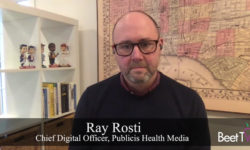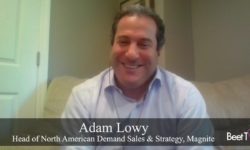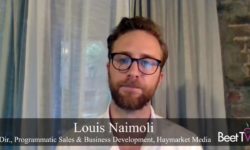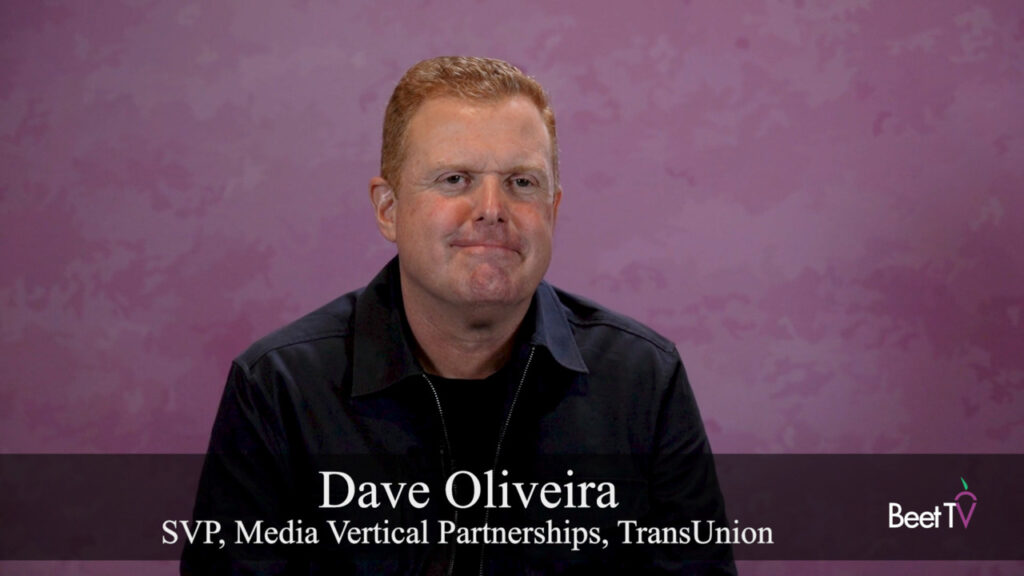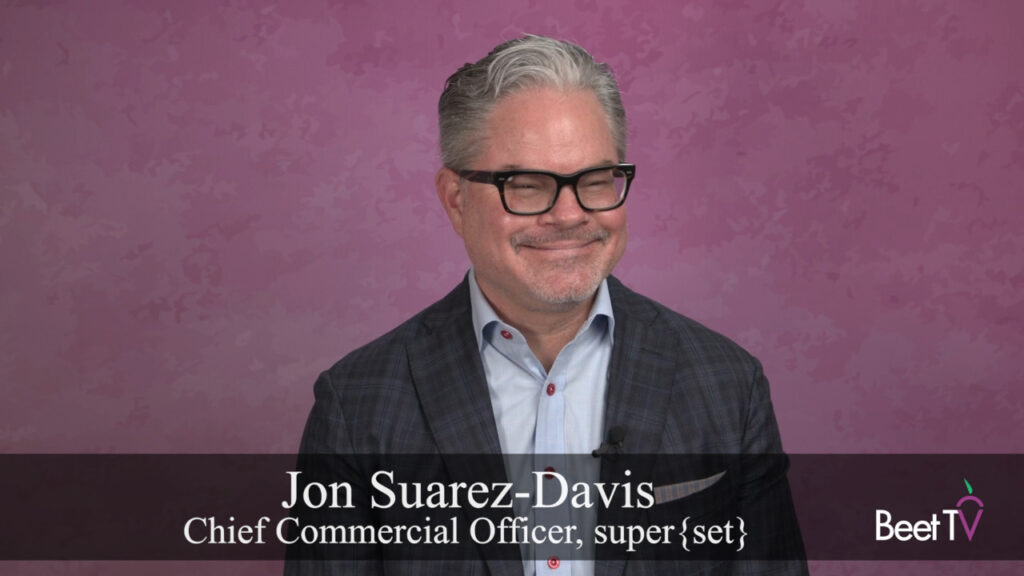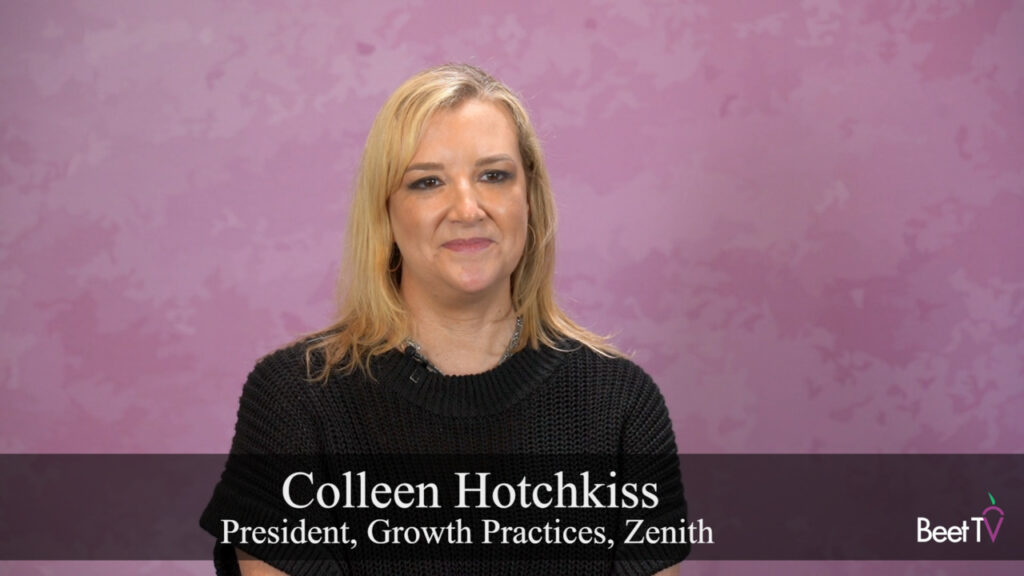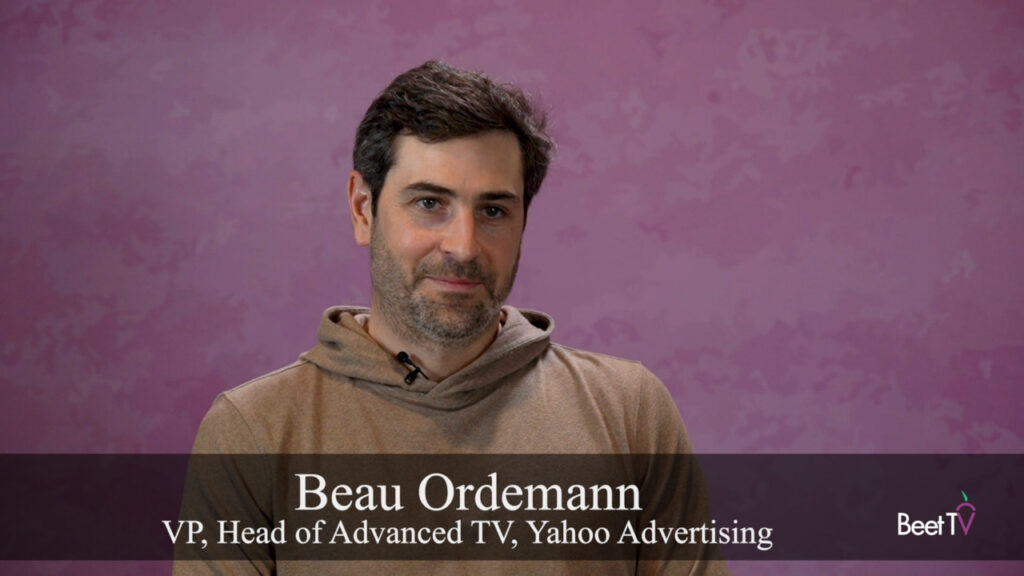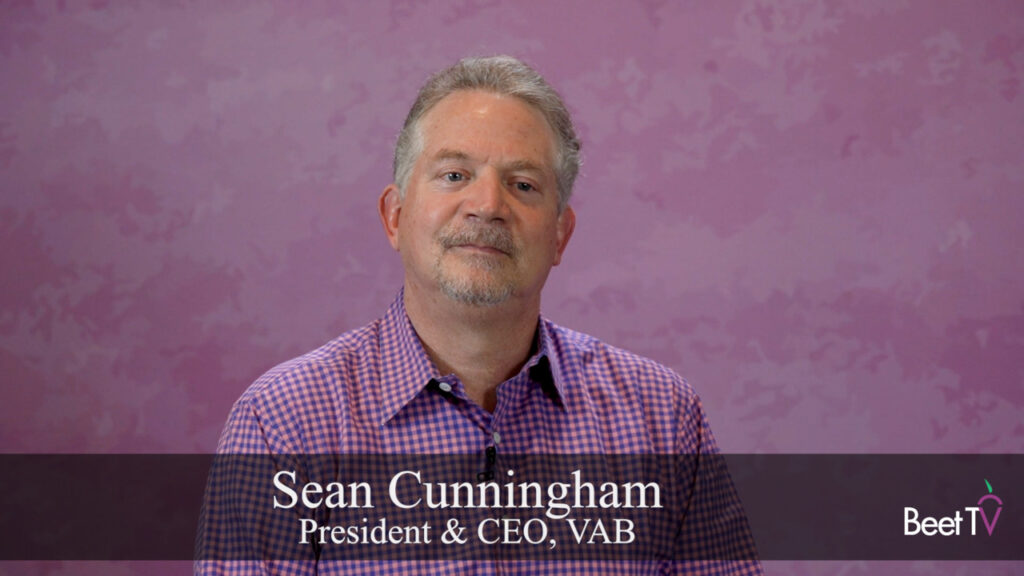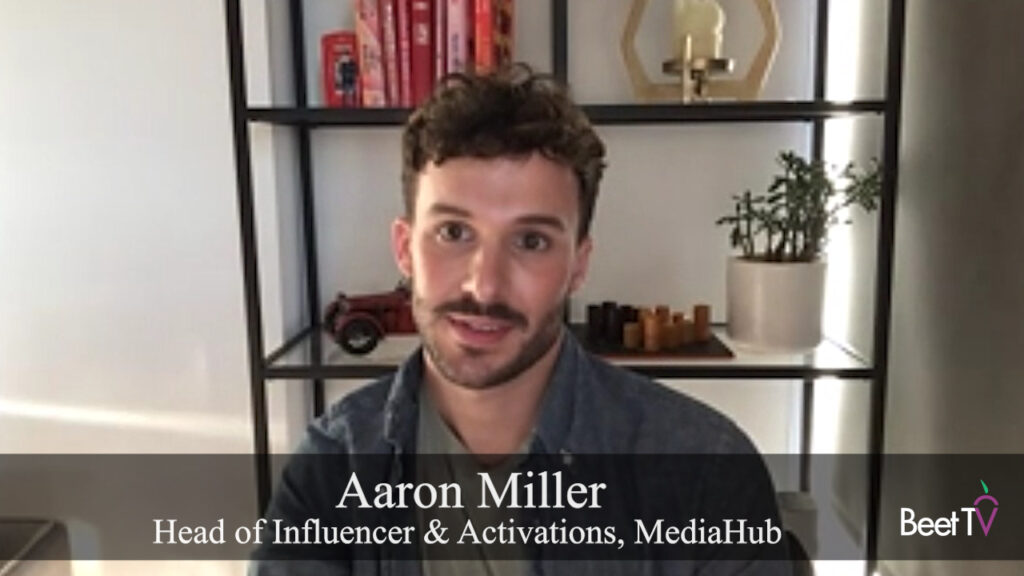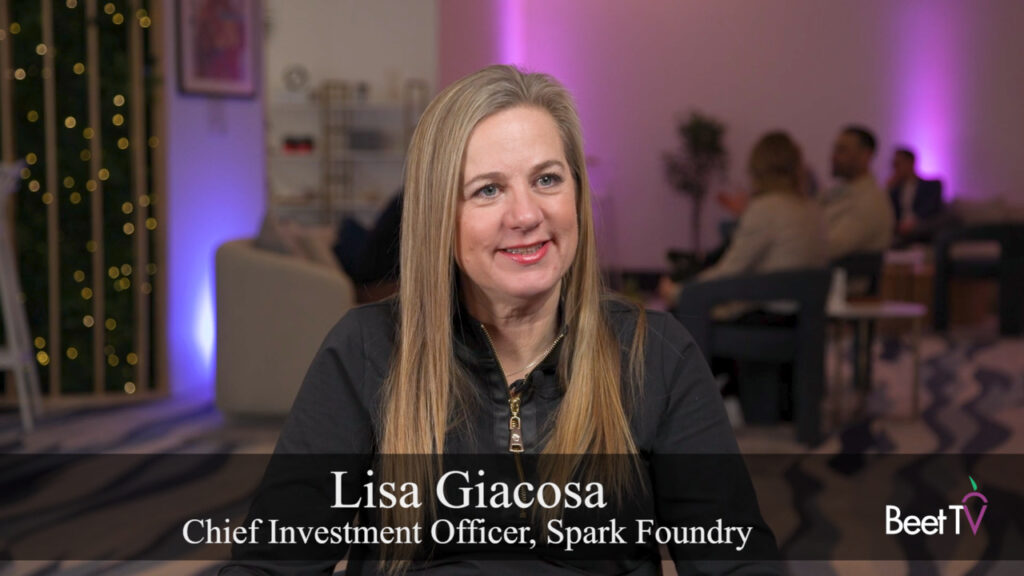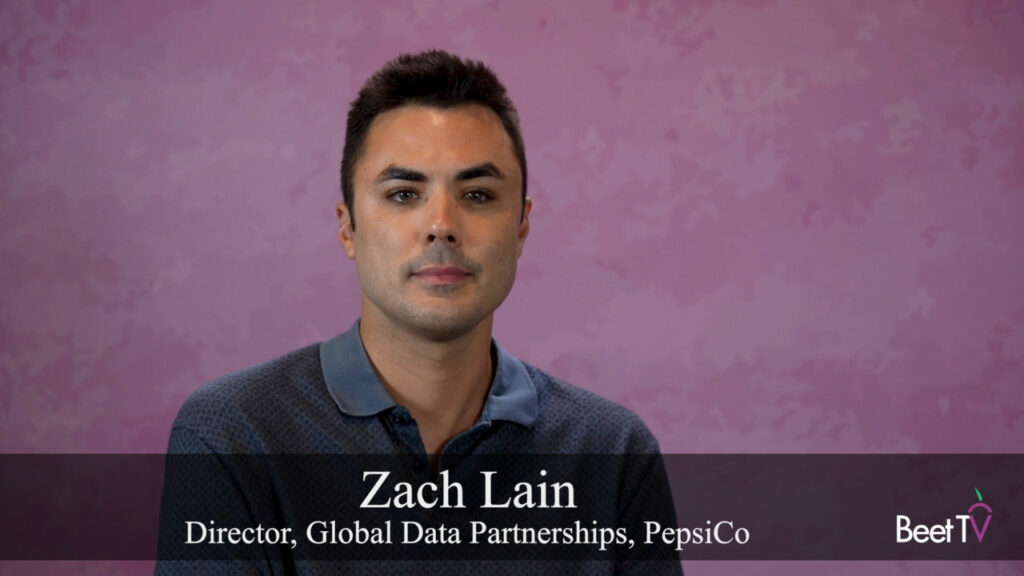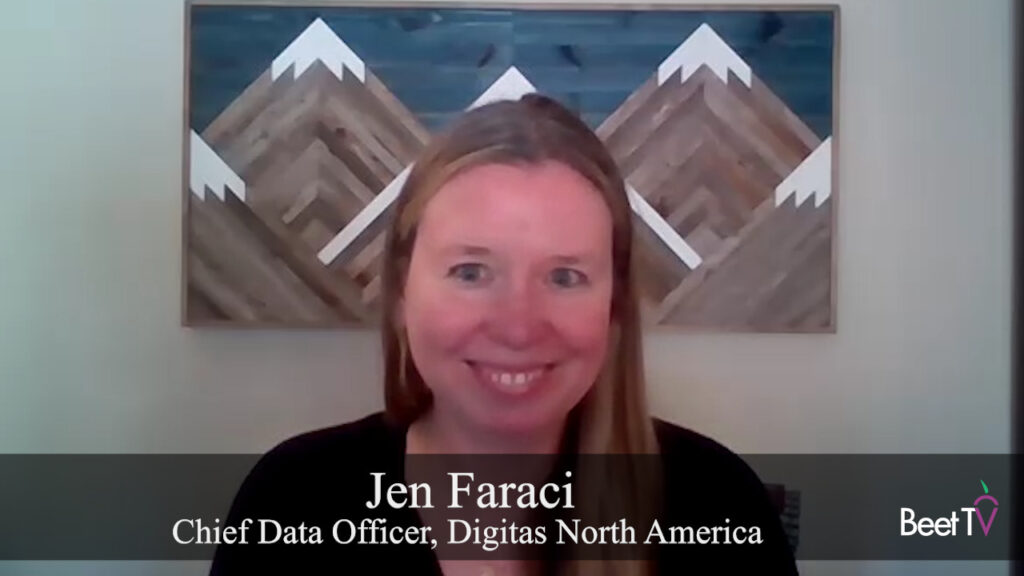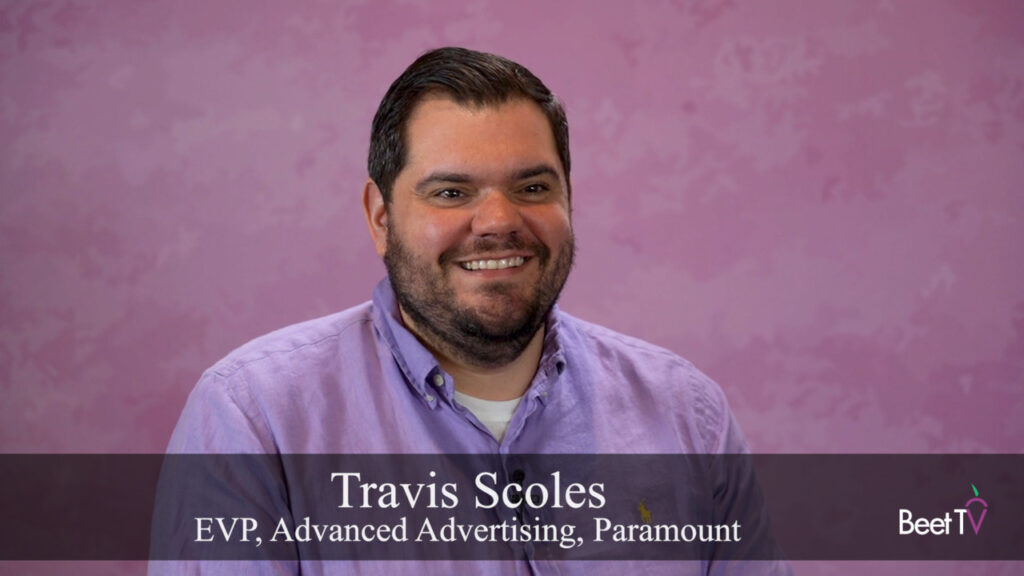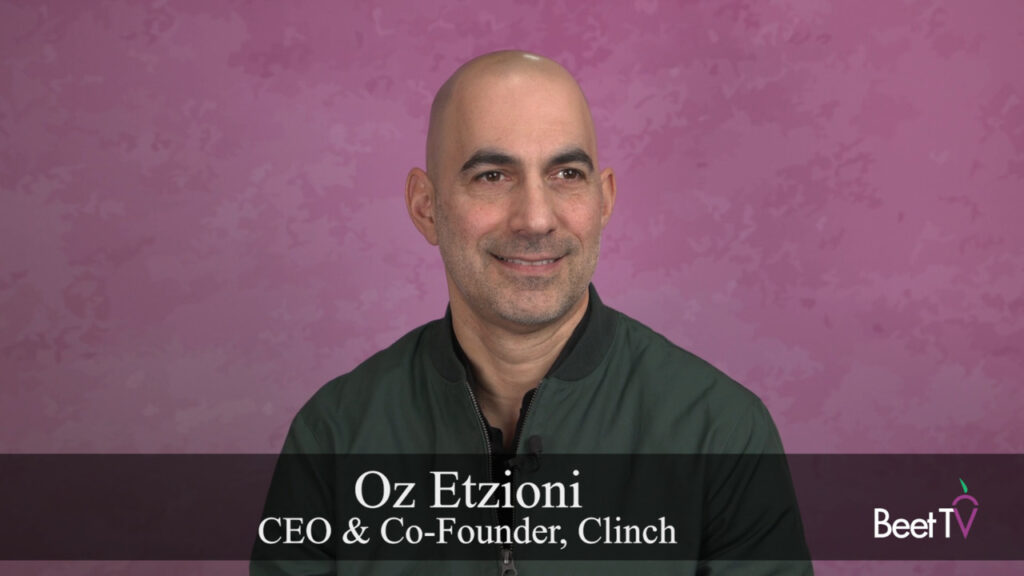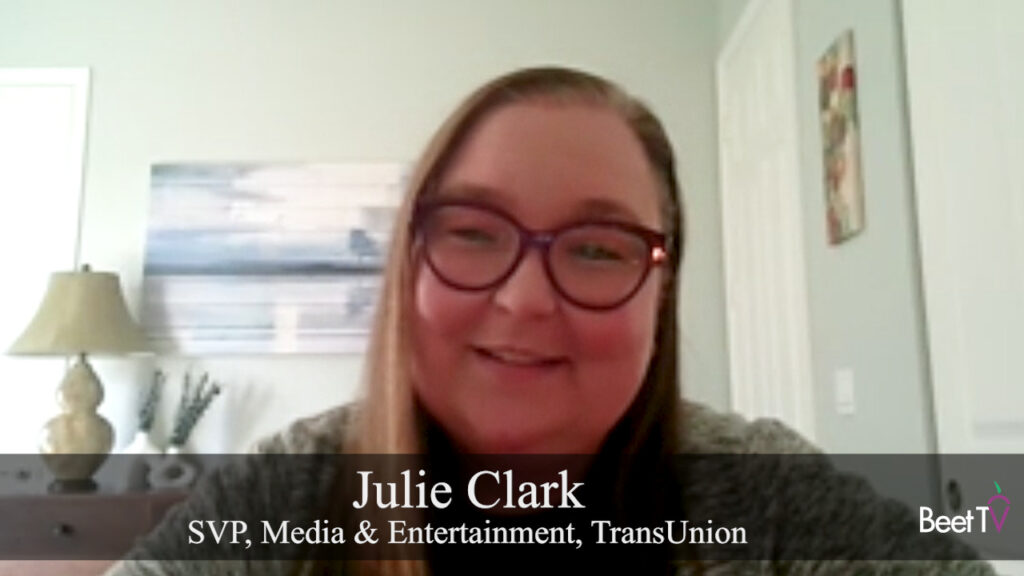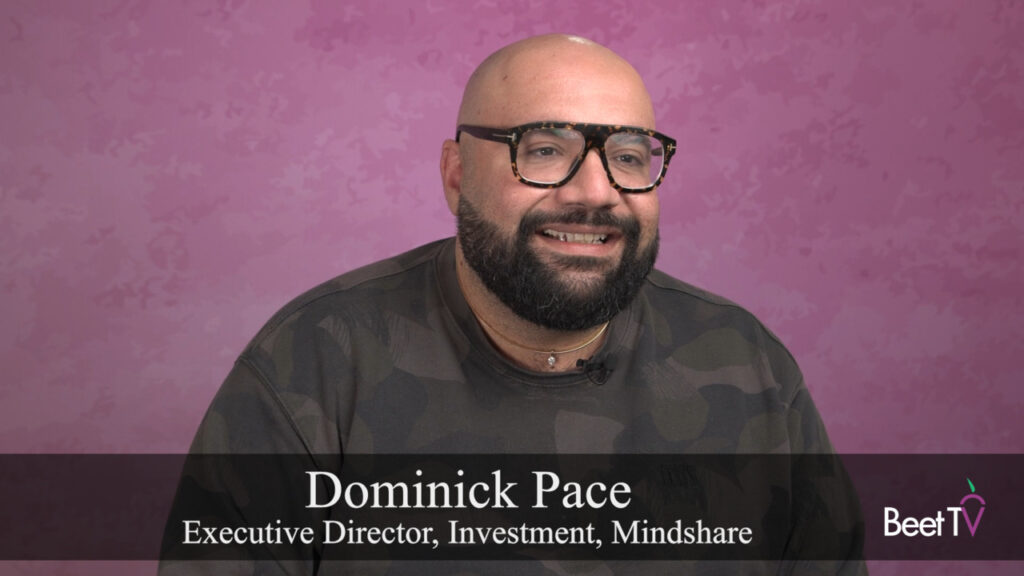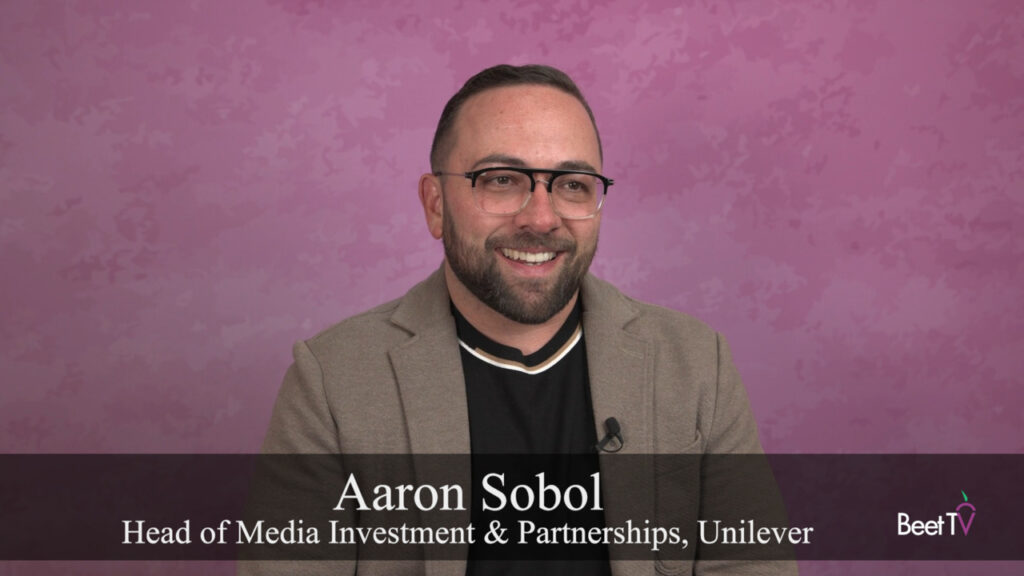The global pandemic has made people more aware of taking steps to protect their personal health, even as it has challenged healthcare marketers to reach patients and medical professionals. Those marketers have an important role in helping to educate people about the availability of vaccines, and to address concerns about safety.
“We have a population of 70% of Americans that want to be vaccinated, but there’s not enough supply of the vaccine in the marketplace. Two-thirds of Americans aren’t happy with the rollout,” Chris Paquette, co-founder and CEO of healthcare advertising technology company DeepIntent, said in this interview with Beet.TV. “There’s still a tremendous amount of work that needs to be done to convince people and fight the aspects of fear about the vaccine.”
As an operator of a demand-side platform (DSP) for healthcare marketers, Paquette sees the possibility for improved data-driven targeting of messages about healthcare products and services.
“When we talk about targeting, we talk about advertising as a motive to do better things for their health,” he said. “We’ve seen that demographics are three times more important in getting people to go onto a prescription or take a drug than even the creative messaging itself.”
Evidence, Optimism and Transparency
Messaging about vaccines must provide evidence of their effectiveness, an optimistic tone to inspire people to get vaccinated and transparency about the procedures. That messaging also needs to be as personalized as possible to have an effect on a target audience.
“There are parts of the population that have different sorts of concerns, different fears about what the vaccine may have,” Paquette said. “We know that the science is sound, that the vaccine is safe. There is still this undercurrent of fear we have to address through messaging.”
The pandemic has been challenging for healthcare marketers, including drug makers, that have extensive sales teams who routinely visit doctors’ offices or meet them at medical conferences. Because of limitations on physical contact, digital marketing has become more important in reaching physicians who are the gatekeepers to pharmaceutical products.
“Our clients increasingly turned toward digital to be able to reach healthcare providers across the United States,” Paquette said.
Health-Focused DSP for Planning, Activation and Measurement
Alongside the efforts to communicate with doctors, healthcare marketers also sought to reach consumers whose media consumption habits shifted during the pandemic.
“With people stuck at home, people are streaming more than ever. We saw a massive increase in the connected television space, ” Paquette said. “We have technology that we’ve built to help identify patients based on conditions in a privacy-safe way. We also have a way to reach healthcare providers in a one-to-one way.”
DeepIntent’s DSP has software tools for media planning, activation and measurement that are specialized for the healthcare industry, which is subject to strict regulations on patient privacy. The Health Insurance Portability and Accountability Act of 1996 (HIPAA) set national standards to protect sensitive patient health information from being disclosed without the patient’s consent or knowledge.
“When you’re trying to find the right physician to market to or the right patient to market to, we provide tools to allow our marketers to do that using clinical data in a privacy-safe way,” Paquette said. “We continue to invest heavily in products and solutions that are going to help them connect in a more efficient way with those audiences to drive better healthcare outcomes.”
You are watching “Embracing the Future of Healthcare Marketing,” a Beet.TV leadership series presented by DeepIntent. For more videos, please visit this page.











